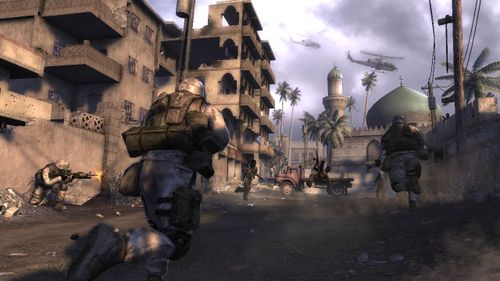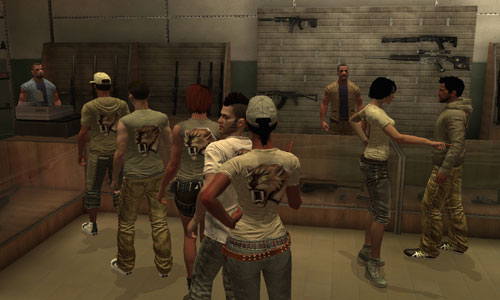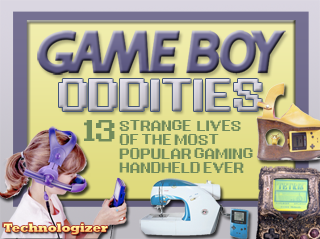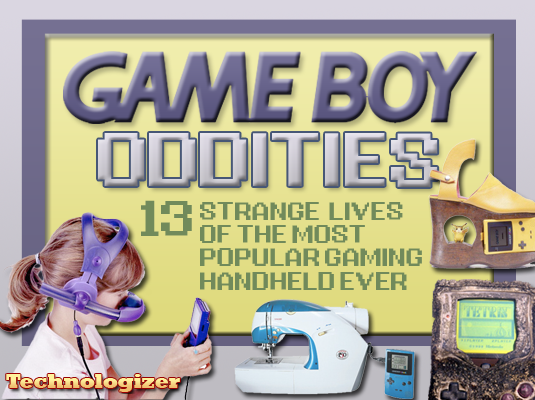 Fun shouldn’t have to be the be-all end-all of video games, so I approached Six Days in Fallujah, a game based on a bloody battle in Iraq, with cautious optimism. Maybe this would be the title that takes war for what it is — intense and violent, with deeper consequences than “win or lose” — rather than a shooting gallery in realistic skin.
Fun shouldn’t have to be the be-all end-all of video games, so I approached Six Days in Fallujah, a game based on a bloody battle in Iraq, with cautious optimism. Maybe this would be the title that takes war for what it is — intense and violent, with deeper consequences than “win or lose” — rather than a shooting gallery in realistic skin.
I tweeted as much when the game’s developers at Atomic Games talked about how they would address that issue. A report that the game included the perspective of insurgents piqued my interest even further. Maybe this game would not simply be Call of Duty: Modern Warfare with specific historical details.
It could be all for naught now that Konami has abandoned Six Days in Fallujah. A representative for the company told Asahi Shimbun that the decision came after “seeing the reaction to the videogame in the United States and hearing opinions sent through phone calls and e-mail.”
This doesn’t necessarily rule out the game. Another publisher could pick it up, but will any company want to? The outcry must have been pretty bad for Konami to back down from the controversy, because usually a strong negative response from concerned groups translates into free marketing. I guess it’s easier to justify the fictionalized, cartoonish violence of Grand Theft Auto than the portrayal of an ongoing war.
The other possibility is that Six Days in Fallujah isn’t as deep and meaningful as I had hoped, and Konami knows it. Even so, I’d still like to see this game come to market. The games industry might have learned a valuable lesson on what’s appropriate subject matter for video games and how to approach it. Instead, the stigma remains that games can’t take on a serious topic with anything but pure entertainment in mind.

 Traditionally, Massive Multiplayer Online games are not the avenue for testing one’s reflexes.
Traditionally, Massive Multiplayer Online games are not the avenue for testing one’s reflexes. It was twenty years ago today that Nintendo released the Game Boy handheld in Japan. The recent rash of publicity for the anniversary has me feeling nostalgic for my Game Boy, which I bought at the going-out-of-business sale at a location of one-time Toys R Us rival
It was twenty years ago today that Nintendo released the Game Boy handheld in Japan. The recent rash of publicity for the anniversary has me feeling nostalgic for my Game Boy, which I bought at the going-out-of-business sale at a location of one-time Toys R Us rival  Ask Sony for some thoughts on the state of the PSP, and it seems you’ll get a profoundly different answer than that of third-party interests.
Ask Sony for some thoughts on the state of the PSP, and it seems you’ll get a profoundly different answer than that of third-party interests. They go by different names, but sometimes it’s the same hardware failure that causes the Xbox 360’s “Red Ring of Death” and the newer “E74.”
They go by different names, but sometimes it’s the same hardware failure that causes the Xbox 360’s “Red Ring of Death” and the newer “E74.” John Madden may have stunned the sports world today by announcing his retirement from broadcasting, but football video game fans shouldn’t be surprised that the Madden game franchise is staying put.
John Madden may have stunned the sports world today by announcing his retirement from broadcasting, but football video game fans shouldn’t be surprised that the Madden game franchise is staying put. The games industry has a reputation for being risk-averse, often tacking on numerals to existing franchises or spewing out endless iterations of solitaire and poker. While that strategy flies in the console and computer gaming world, one game company exec claims the landscape is different on the iPhone. I’m skeptical.
The games industry has a reputation for being risk-averse, often tacking on numerals to existing franchises or spewing out endless iterations of solitaire and poker. While that strategy flies in the console and computer gaming world, one game company exec claims the landscape is different on the iPhone. I’m skeptical.